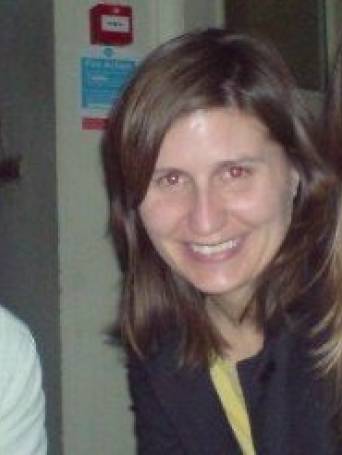
Anne Marie Brady is the Research Director, Worker Rights and Equity, at the ILR School's Worker Institute at Cornell University. Anne Marie holds a Ph.D. in Social Policy Research from the London School of Economics and Political Science (LSE). Her dissertation work explored the role of active labor market policies in assisting the long-term unemployed integrate into the regular labor market under Germany’s Hartz IV welfare and labor market reforms. She is trained in both quantitative and qualitative methods of social and labor market policy research and has a 15-year record of designing research projects with a variety of stakeholders in the policy-making process in Germany, the United Kingdom and the United States. With a commitment to inclusion and diversity across different dimensions of race and gender, she has written and conducted research that pursues inquiry across a range of issues from research into low-wage and precarious work, income maintenance and poverty reduction, unemployment support and training, education, and housing. In addition to her PhD, she holds an MSc in Social Policy and Planning from the LSE, an MA in Medieval History from Fordham University and a BA in Germany and History from Creighton University.